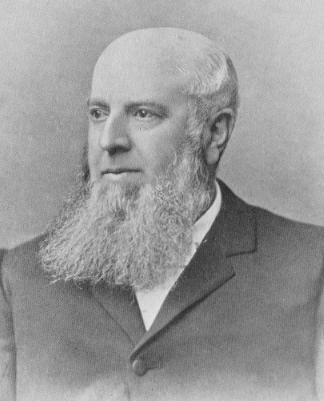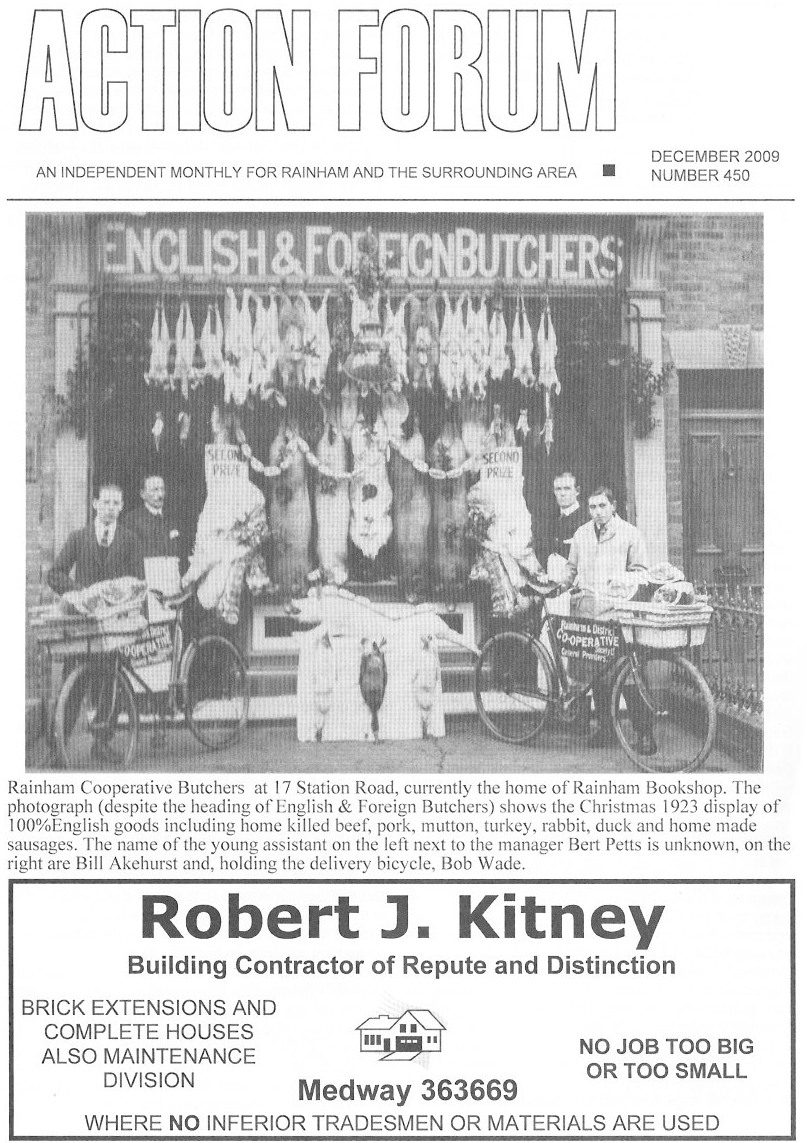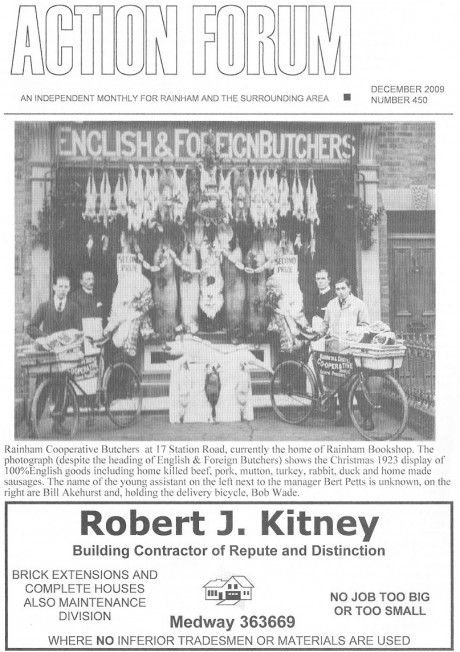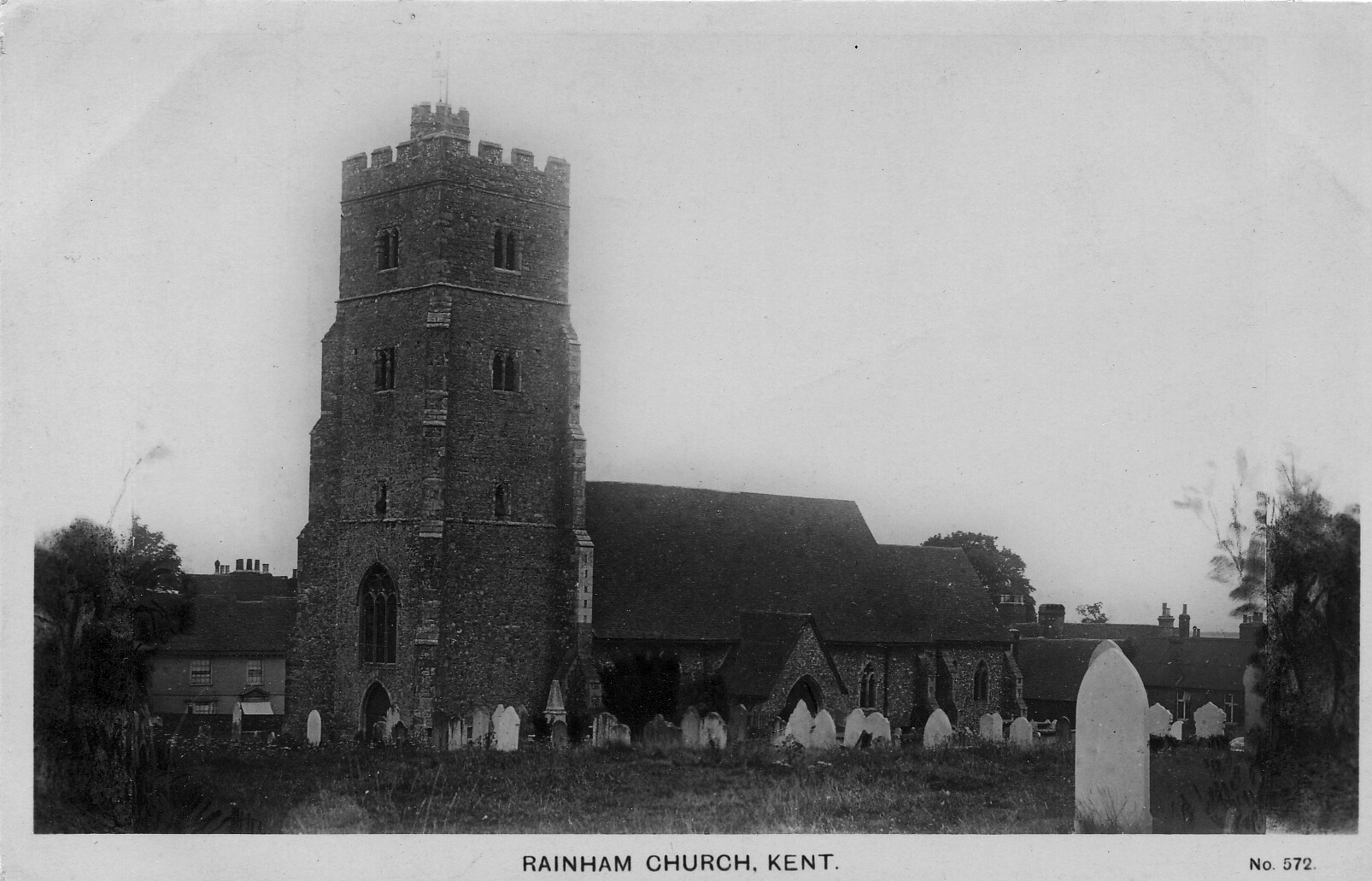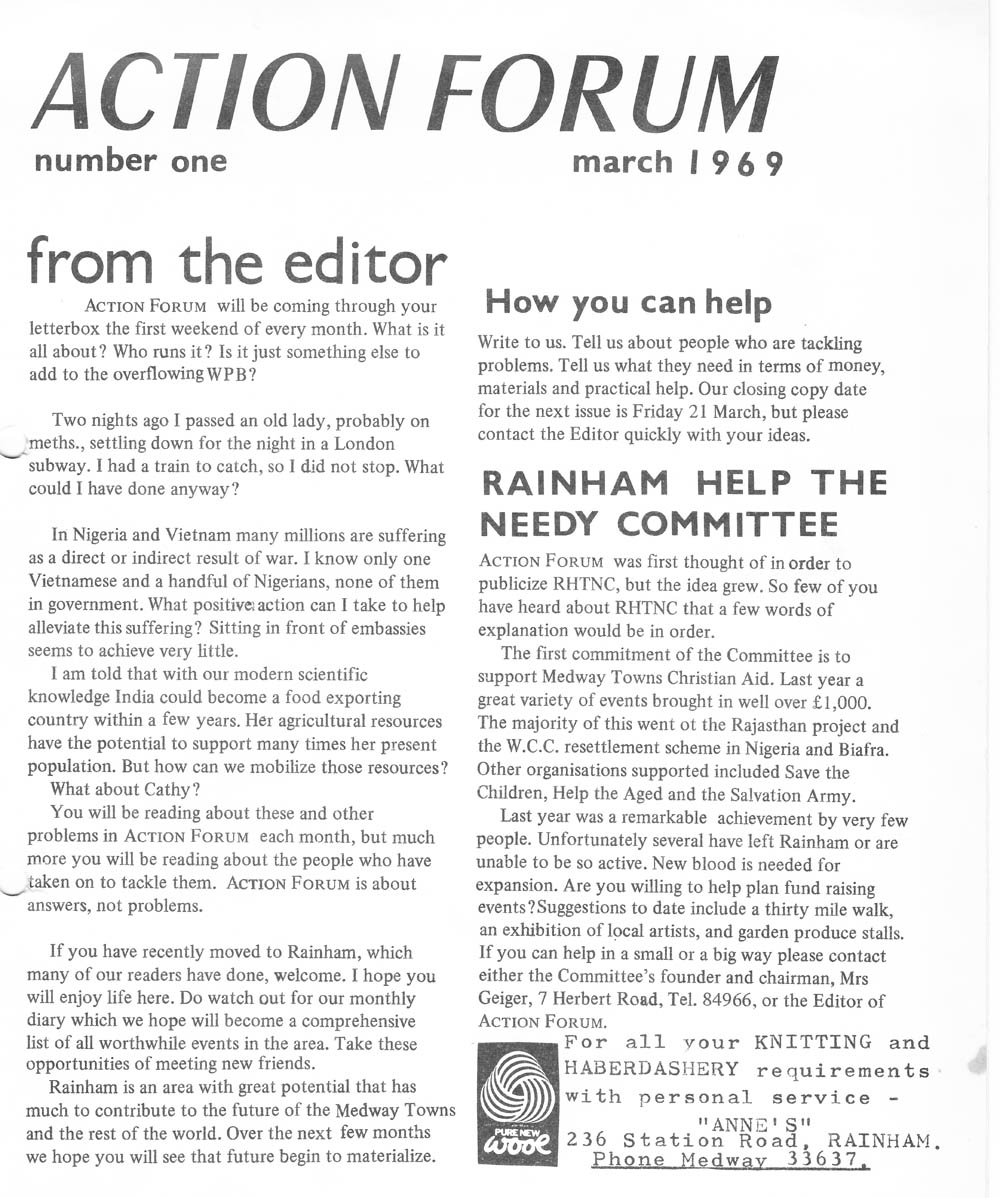The Cricketing Tufton Brothers of Rainham
The Cricketing Tufton Brothers of Rainham
In the Tufton family vault of St Margaret’s church lay the remains of John and Henry Tufton who gained fame as first class cricketers over 200 years ago.
Son of Sackville Tufton, the 8th Earl of Thanet and Mary Sackville, Henry Tufton succeeded his older brother Charles as the 8th Earl of Thanet in 1832. Educated at Westminster public school, he joined the army and became Ensign in the 26th (Cameronian) Regiment of Foot. Later promoted to Captain, he also became a Whig MP for Rochester and then Appleby in Westmorland and Lord Lieutenant of Kent. The Tufton family owned estates in Kent, Yorkshire, Westmorland and Cumberland. Henry and John Tufton never lived permanently in Rainham they only stayed periodically.
As a cricketer Henry Tufton performed as a wicket-keeper and right handed batsman. He made his first appearance in first class cricket for a Surrey and Sussex XI against an England XI at the original Lord’s ground in 1793. Cricket historian Arthur Haygarth mentions in his ‘Scores and Biographies’ that Tufton was a successful batsman and wicket-keeper during his short career which ended when he reached the age of 26. His most memorable performance took place against Thursday and Montpelier on July 13th, 1796 when he stumped six and caught two batsmen. He played in 77 first class matches up to 1801. His final match took place against Homerton for the MCC at the original Lord’s ground. After this match he retired from the game aged only 26. A few years after this he got captured by Napoleon’s army while travelling in France but he eventually got released.
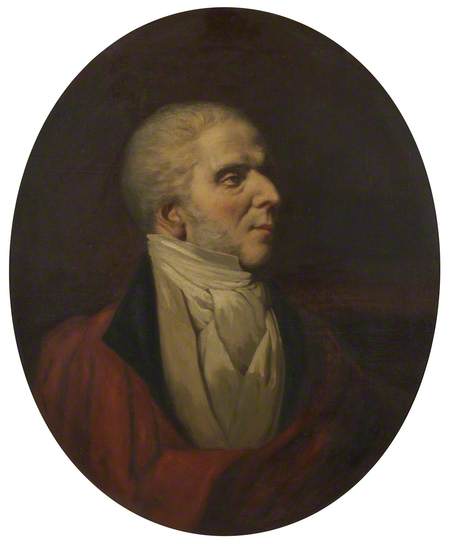
Picture of Earl of Thanet, Henry Tufton
Because Henry Tufton remained single he became the last Earl of Thanet. He died on June 12th 1849 aged 75.
The honourable John Tufton, Henry’s younger brother also excelled at cricket. Educated at Westminster public school like his older brother, John Tufton played cricket at a high level from 1793 to 1799. He is recorded in 74 matches of which 48 were first class games according to ‘Cricket Archive.’ He played for several clubs but mainly for Marylebone Cricket Club for whom he performed mainly as a batsman and as a fast underarm bowler.
He made his first class debut for Marylebone Cricket Club against a Kent XI at Dartford Brent on 27th and 28th June 1793. He scored nought and one in the two innings game.
Arthur Haygarth in his ‘Scores and Biographies’ records Tufton as the first player ever to be given out leg before wicket (lbw) in a first class match. This happened at Moulsey Hurst in August 1795 when Tufton played for an England XI against a Surrey XI. Bowler John Wells trapped him leg before wicket. Before this players were recorded as being bowled if they were given out hit on the leg.

In his most successful season John Tufton scored 428 runs in 1797 which included two half centuries with a best performance against a London XI at Lord’s old ground on 10th and 12th July 1797 when he scored 48 and 59 which the MCC won by 109 runs. He made a highest recorded score of 61 for the MCC against a Hampshire XI at Itchen Stoke Down in a game which the MCC won by 113 runs.
Tufton’s final first class match took place against a Surrey XI at Lord’s old ground in which he scored one and four. He only had a short cricketing career which spanned 1793 to 1799. He scored 1,049 runs and took 14 wickets.
After he finished playing cricket aged 25 Tufton became MP for Appleby in Westmorland, a seat he held until he died of suspected tuberculosis in 1799. Described as a ‘gentleman of extensive abilities,’ in ‘Memorials of the Family Tufton,’ he was laid to rest in the Tufton family vault in St Margaret’s church and the only visible reminder of him and his brother Henry today is Tufton Road which bears their surname.
David Wood.


















































































































































